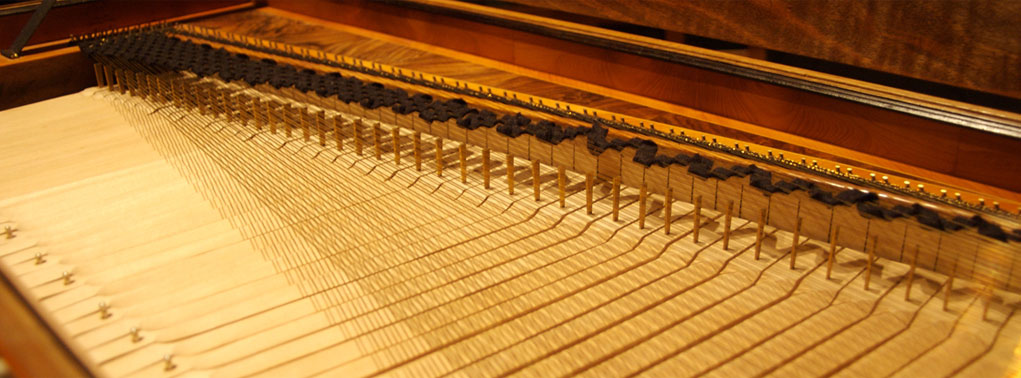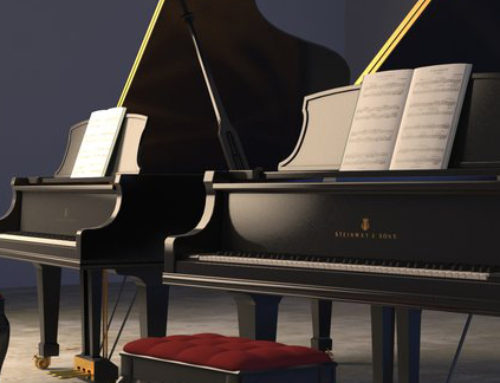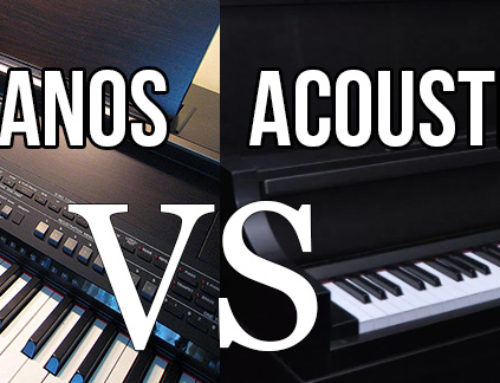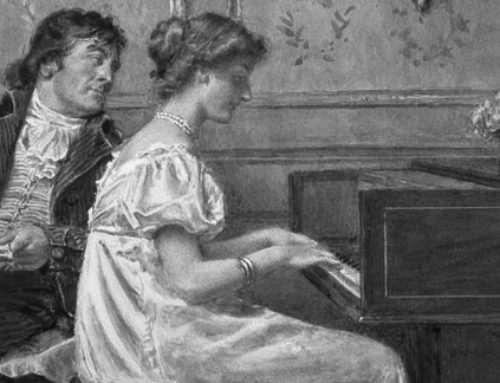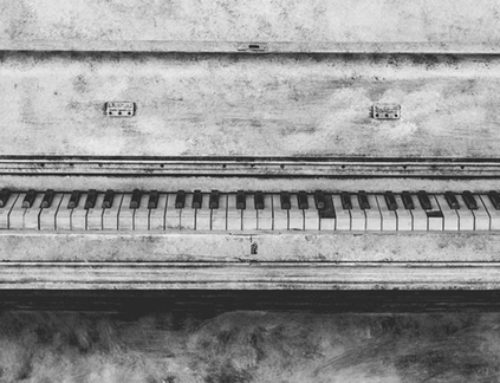Humidity can wreak havoc in our homes and in the air we breathe. When it comes to humidity, consider your piano to be a living instrument. Its wood and many parts also breathe in moisture, and high levels of humidity can affect your piano’s wood and many other components, as well as its tone, pitch, and ability.
To prevent permanent damage to your instrument, humidity should be maintained between 40 and 50 percent. Higher or lower levels of humidity can cause minor or major alterations in nearly every component of your piano, including:
The soundboard: Constructed of wood, the soundboard will respond to moisture. It is the soundboard that works very precisely with the strings and bridge to create the perfect tone. A minor increase in humidity will cause the pitch to sharpen, while a decrease in humidity will result in a flat pitch. More extensively, humidity changes cause swelling and shrinkage that may result in cracks in the soundboard, which will impact the value of the instrument.
The keys: The process of striking a piano key that results in a hammer hitting a sting is also affected by moisture in the air. Thousands of wooden parts are involved, and an increase or decrease in humidity can result in a change in the touch, accuracy, and precision. In short, the piano will not respond like it’s expected to. Any increase in humidity can make the keys stick or become slow to respond. When the air is too dry, the wooden parts may shrink, causing dryness that results in unwanted noise.
The strings: The strings that produce the piano’s sound are attached to tuning pins that are also to wood. These components are all necessary in order for a piano to be tuned. High humidity can cause the wood to swell, making the tuning pin too tight to adjust. Low humidity can cause wood shrinkage and tuning pins that are not tight enough to hold a tune, resulting in the need to replace the wooden component called the pinblock. In some cases, it can result in a needs to replace the entire piano. Excessive humidity for long periods of time can also eventually cause the strings to rust.
Not only will humidity affect your piano’s sound, but it will also impact its longevity. Expert tuning and maintenance are required to protect, maintain, and repair your piano’s components. The weather will always change, but the quality and life of your piano can be preserved. Avoid costly damage and repairs by calling Robert’s Piano Service. We will measure the humidity level in your piano, provide advice about proper care and placement, and make the necessary adjustments to help your instrument sound great with seasonal moisture fluctuations.
Robert’s Piano Service knows that piano tuning requires knowledge, skills, and years of experience. Contact us for your routine and special piano cleaning needs.
Click here to learn more about the services Robert’s Piano Services offer.
Call 408.375.3612 today for a free consultation to determine your piano’s needs and create a personalized tuning and servicing schedule based on your piano’s age, condition, usage, and environmental factors.

